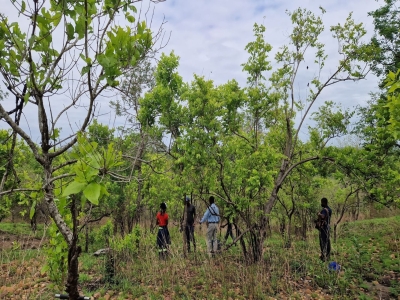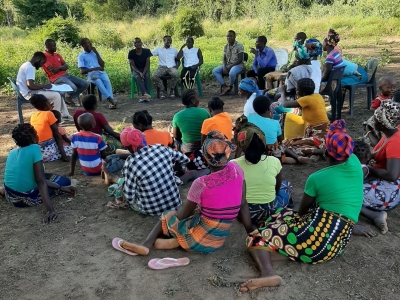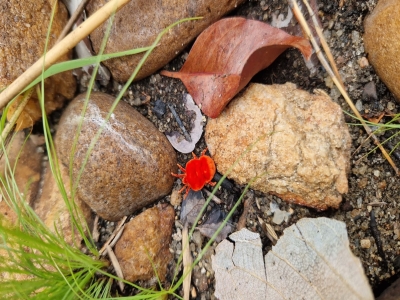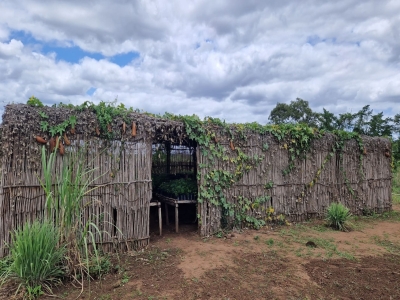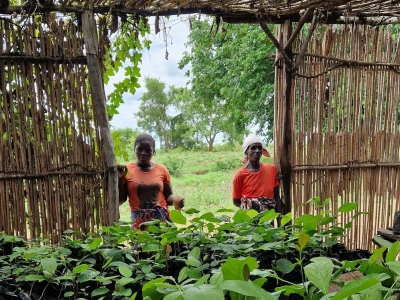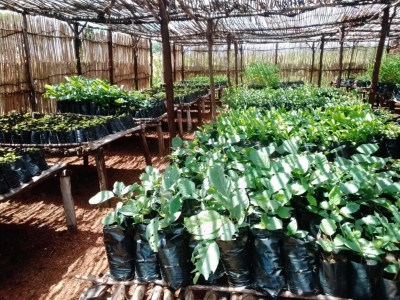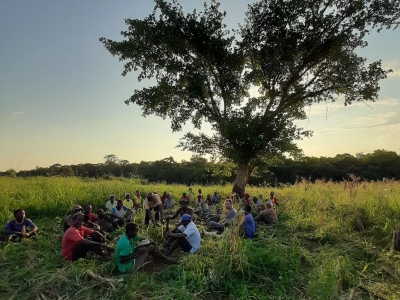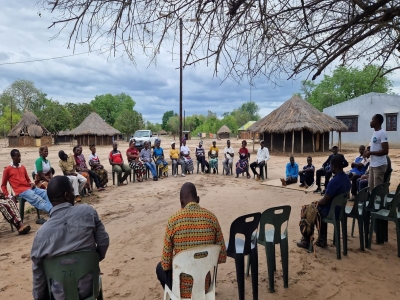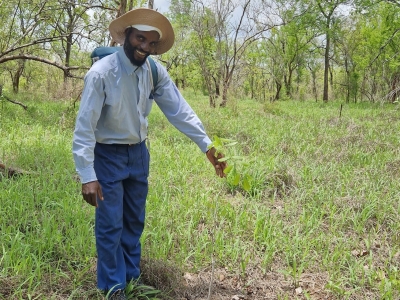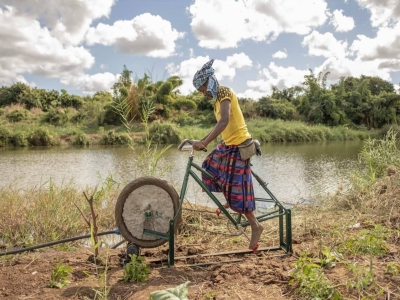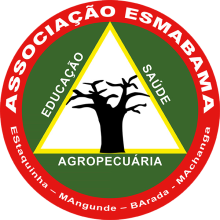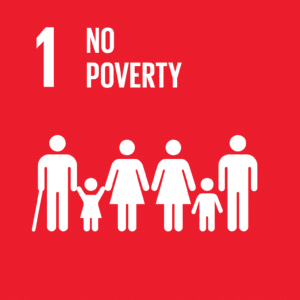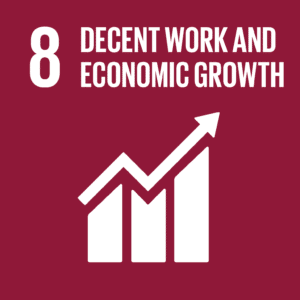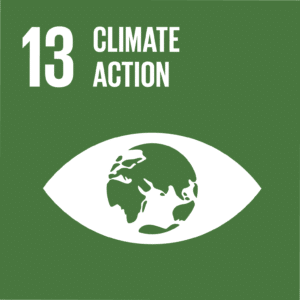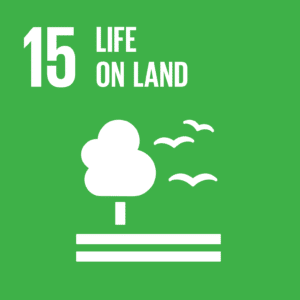Restoring biodiversity in the Miombo forests
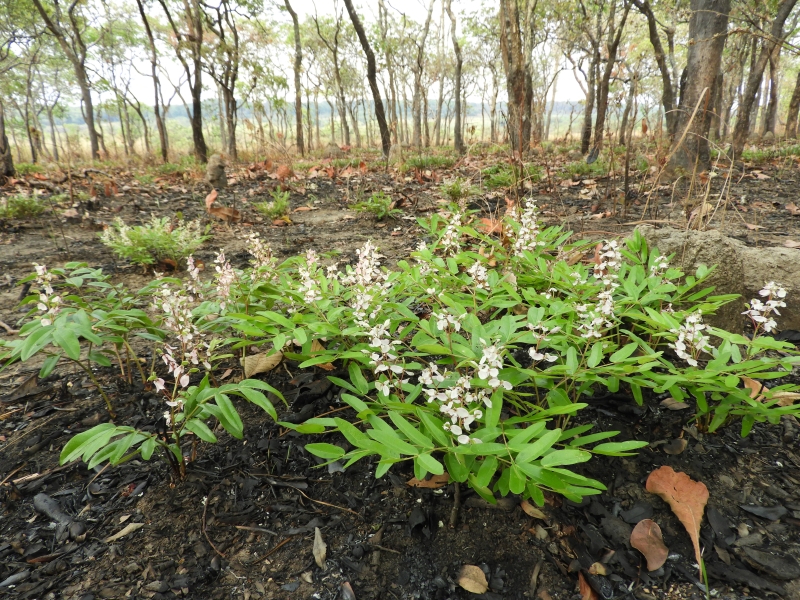
Food security and biodiversity gains go hand in hand
The Miombo forests are South-Central Africa’s most extensive tropical dry forest ecosystem. These forests cover an area of 2.7 million km2 and have worldwide a significant biodiversity. Mozambique’s Chibabava district falls within the Miombo forests. Here, increased average temperatures, heavy rainfalls and extreme weather events, such as cyclones and droughts, have undermined the local population’s agricultural production and led to chronic food insecurity.
Many households have been forced into exploiting the Miombo forests for timber and other forest products to sell in markets, which is threatening the biodiversity.
Integration of agroforestry resulting in Plan Vivo carbon certification in Chibabava
A socio-economic and agroecological knowledge survey was conducted within the local communities to gain an in-depth understanding of their livelihood circumstances. The aim was to thoroughly understand how climate change and changing economic pressures impact people, both at household and community level.
In collaboration with local communities, suitable restoration areas were identified and excluded from logging, firewood collection and charcoal production. The restoration of these areas was accelerated by planting native tree species. Carbon sequestration was certified through Plan Vivo, which will provide resources for reinvestment in social and environmental solutions over the next 20 years.
The floristic biodiversity of the Miombo forests was enhanced within a broader agro-ecosystem to combat hunger by building local food systems. The Miombo forests in and around Chibabava (Mozambique) were enriched with 300 hectares in Nhaumue and 69 hectares in Mangunde.
Agroforestry nurseries were established and agroforestry plots were set up for the cultivation of horticultural and firewood species. The main benefits for the community include the combination of fruit, nut, medicinal and other useful native trees with the sustainable harvesting of grass, honey, and indigenous Miombo fruits. This approach not only improves food security but also promotes a balanced and renewable use of natural resources, enhancing the living conditions of local communities.
